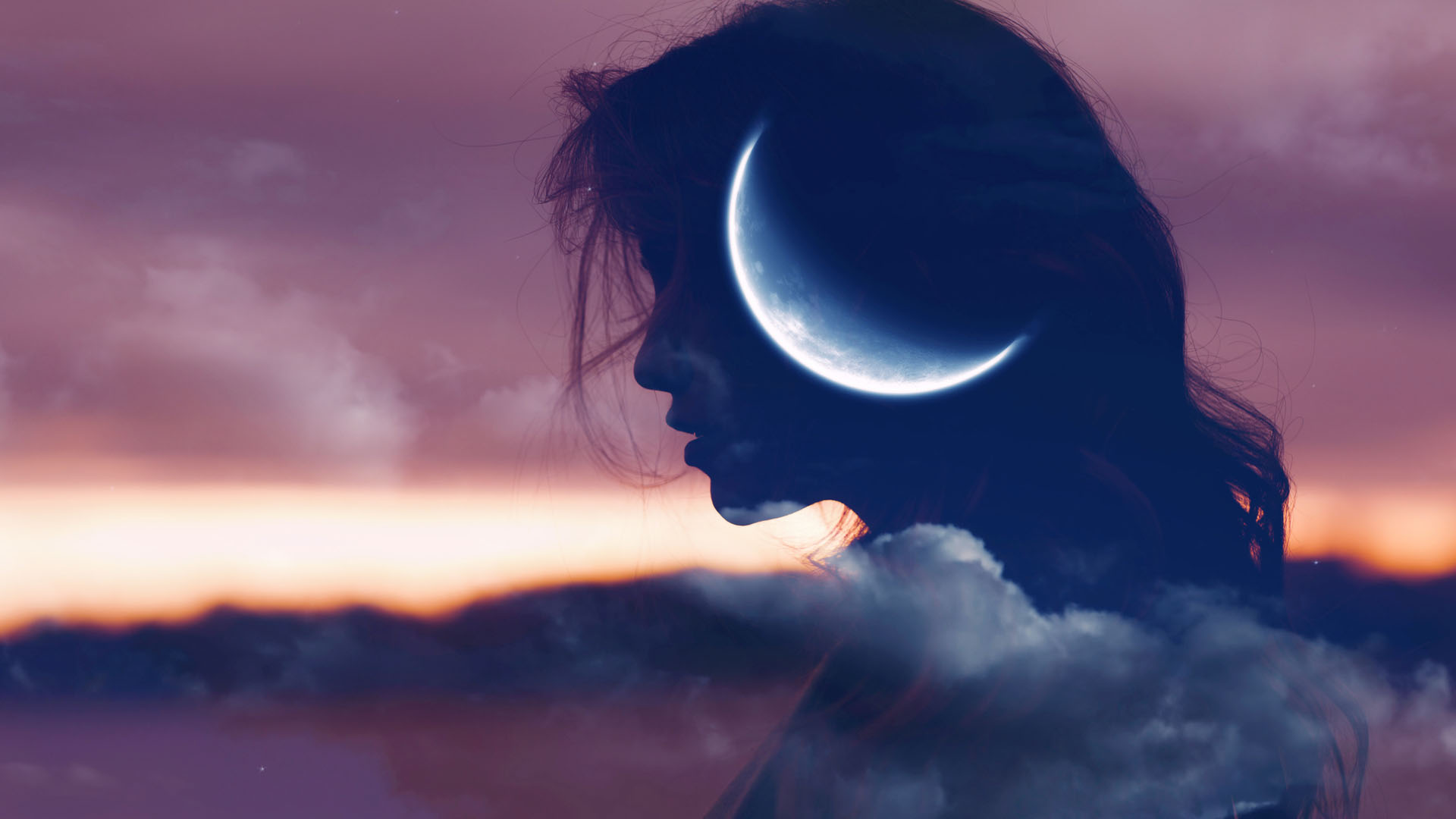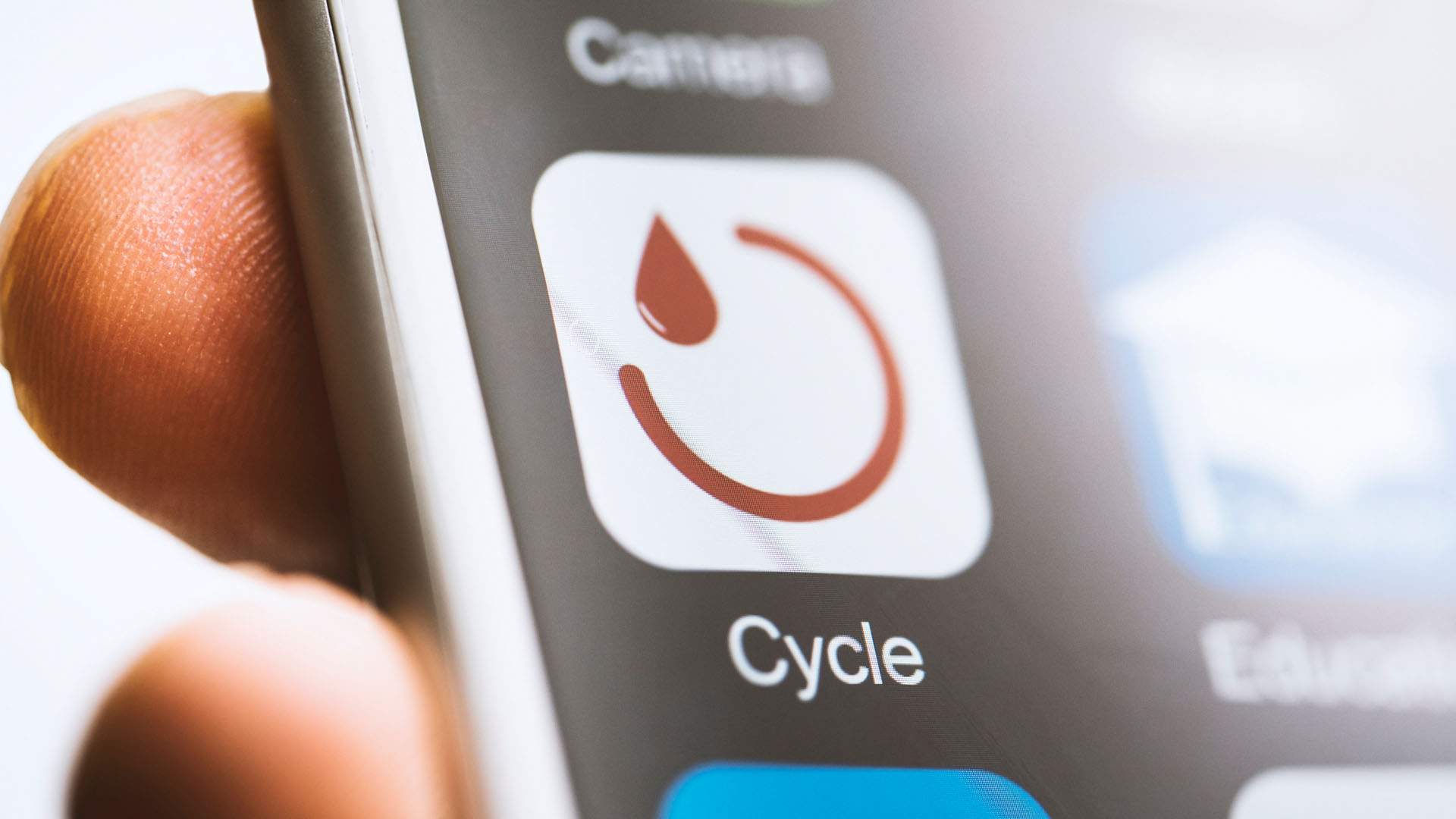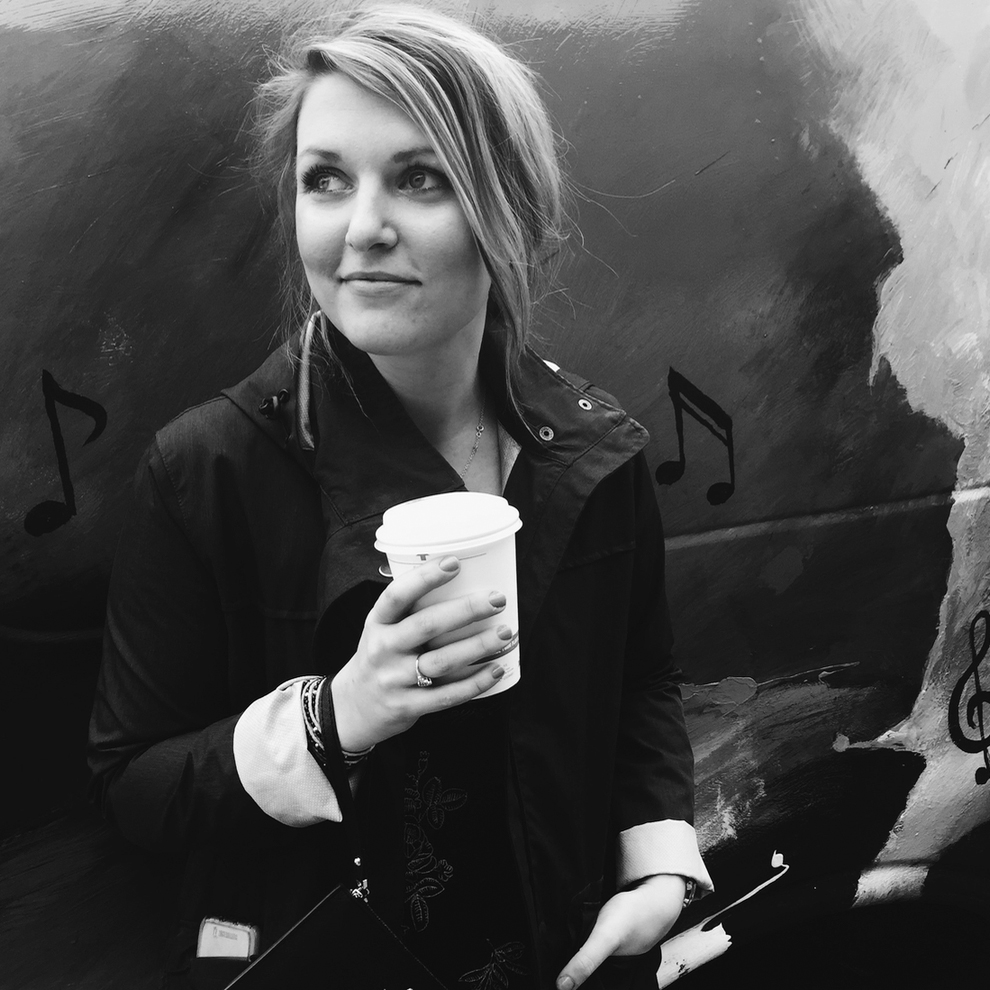Does the moon affect menstrual cycles?
Studies suggest synchronizations in the lunar and menstrual cycles are down to random chance.

Humans have long thought that the moon can influence health and behavior. The word “lunatic” arose from the belief that changes in the moon caused intermittent insanity, while it was previously suggested that births increased during the full moon, though experts have since suggested this is a myth. And for centuries, many cultures have linked a woman's period to the moon. The 29-day lunar cycle that transitions a new moon to a full moon seems to overlap with the average 28-day menstrual cycle. Theories arose that the orb in the sky — either by its gravity or luminance — may sync with this fertility cycle. But how much evidence is there for the link between menses and the moon’s phases?
Related: What is the moon phase today?
It turns out, most evidence suggests that a person’s period links up with lunar cycles only at the rate you’d expect due to random chance. Early studies suggested a tenuous link. A 1986 study of 826 women in the journal Acta Obstetricia et Gynecologica Scandinavica found that 28.3% of participants started menstruation around the new moon— more than any other phase of the moon’s cycle.
However, a 2013 retrospective study in the journal Endocrine Regulations that tracked 74 women over a year found no evidence for the synchronization of lunar phases to the menstrual cycle.
The rise of period-tracking apps has enabled researchers to undertake even bigger studies. In 2019, researchers at the tracking app Clue analyzed 7.5 million cycles from 1.5 million app users. (This analysis did not go through peer review, a process whereby outside experts vet new research before it's published.) They found no evidence that menstrual cycles or periods were more likely to happen at any time in the lunar cycle.
"When you collect menses data over 1000s of women, then you do not see an accumulation of menses around full or new moon," said Charlotte Förster, the chair of neurobiology and genetics at Würzburg University in Germany. But there are different results when you look at long-term data on the same women, she said.

No women will be synchronized to the full moon or the new moon for their whole life, and some won't be at all, Förster told Live Science. But in a 2021 study published in Science Advances, she and her co-authors analyzed menses records from 22 women — all going back at least five years, and some as long as 32 years — and showed that nearly a quarter of the total menstrual cycles recorded were synchronized with the full or new moon.
Get the world’s most fascinating discoveries delivered straight to your inbox.
Förster's study also found that women's periods were more likely to sync with the moon during winter and autumn, when nights are longer.
Förster's hypothesis is that in the past, before artificial light, the brightness of the full moon enabled people to extend their work and hunting hours because it was safer to be out. The new moon, then, was more dangerous and a better time to stay inside, have sex and make babies, she said, and so adhering to this clock would give couples a survival and reproductive advantage. However, there's no proof for this.
Other experts say the overlap between the two cycles is due to random chance.
"Looking at the data, we saw that period start dates fall randomly throughout the month, regardless of the lunar phase," said Marija Vlajic Wheeler, a data science coach and former data scientist at Clue who led the study, in a statement. The more a cycle correlates with the 29-day lunar cycle the more likely they will simply overlap, she said.
According to the researchers, assuming that periods start at random times, about 1 in 2 people will have their period start ±3 days from either the full or new moon. But cycles that deviate further from that 29-day length or vary month to month won’t see much synching with the moon.
And even if there is some synchronization, it only affects about one-quarter of people who menstruate, studies suggest (23.4% from Förster's study and 28.3% in the 1986 study). So the majority of periods aren't synched with the moon at all.

Donavyn Coffey is a Kentucky-based health and environment journalist reporting on healthcare, food systems and anything you can CRISPR. Her work has appeared in Scientific American, Wired UK, Popular Science and Youth Today, among others. Donavyn was a Fulbright Fellow to Denmark where she studied molecular nutrition and food policy. She holds a bachelor's degree in biotechnology from the University of Kentucky and master's degrees in food technology from Aarhus University and journalism from New York University.
 Live Science Plus
Live Science Plus





